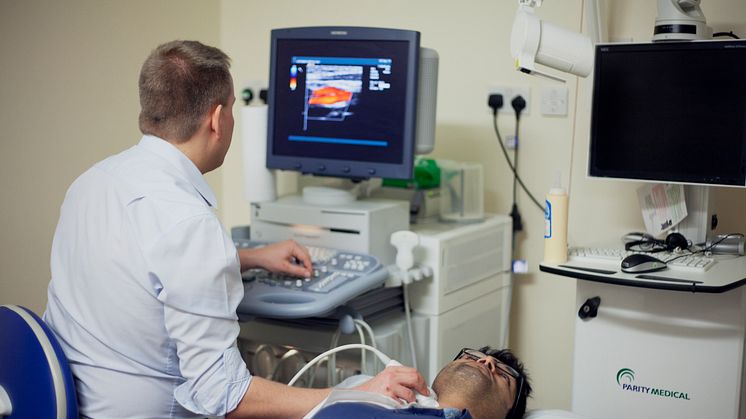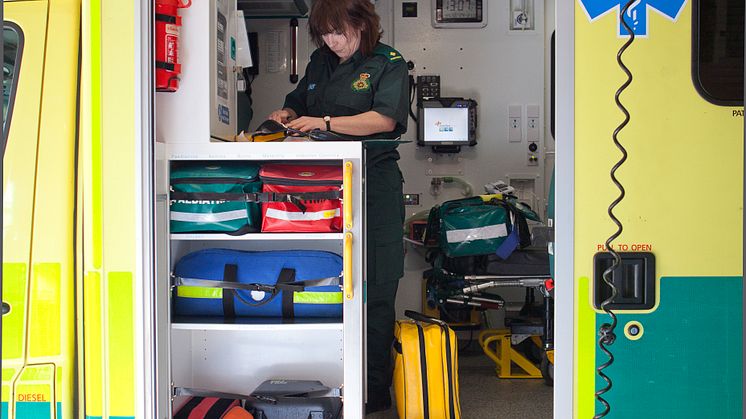
News -
Four in ten mini-stroke patients face treatment dealys - the Stroke Association comments
The Royal College of Surgeons and Vascular Society have warned that hundreds of patients are not having vital surgery quickly enough which could prevent them from having a major stroke. The National Vascular Registry 2016 Annual Report shows that 1,830 (or 43%) of the 4,256 patients who had a mini stroke in 2015, did not undergo surgery within the 14-day target. It also reveals that while this was an improvement on 2009 – when 63% of patients did not undergo the procedure in the recommended time frame - there has been no improvement in the last four years.
Commenting on the report, Alexis Wieroniey, Deputy Director of Policy and Influencing at the Stroke Association, said: “Every year, around 46,000 people in the UK have a mini-stroke (also known as a TIA or transient ischaemic attack) for the first time. The symptoms are the same as stroke but seem to get better over time. A TIA or mini-stroke is a major warning sign that a person is at risk of a more severe stroke. All strokes, including TIAs or mini-stroke should be treated as an emergency. By spotting the symptoms early and having swift access to specialist services, thousands of people each year could avoid the devastating consequences of a stroke. We estimate that, around 10,000 strokes could be prevented each year if mini-strokes are treated in time.
“We are deeply concerned to see that, across the country, mini-stroke patients face lengthy delays for vital treatment, with several hospital units not meeting the two week recommended time frame for surgery. Urgently investigating and treating people who have a TIA or mini-stroke could reduce their risk of having a devastating stroke by 80%. When the right treatment and support is not in place, people’s health is put at real risk.
“We urgently need the Government to introduce a new stroke strategy to put an end to this alarming variation in stroke care, and ensure that people have access to the urgent treatment they need, no matter the severity of their stroke, or where they live.”











